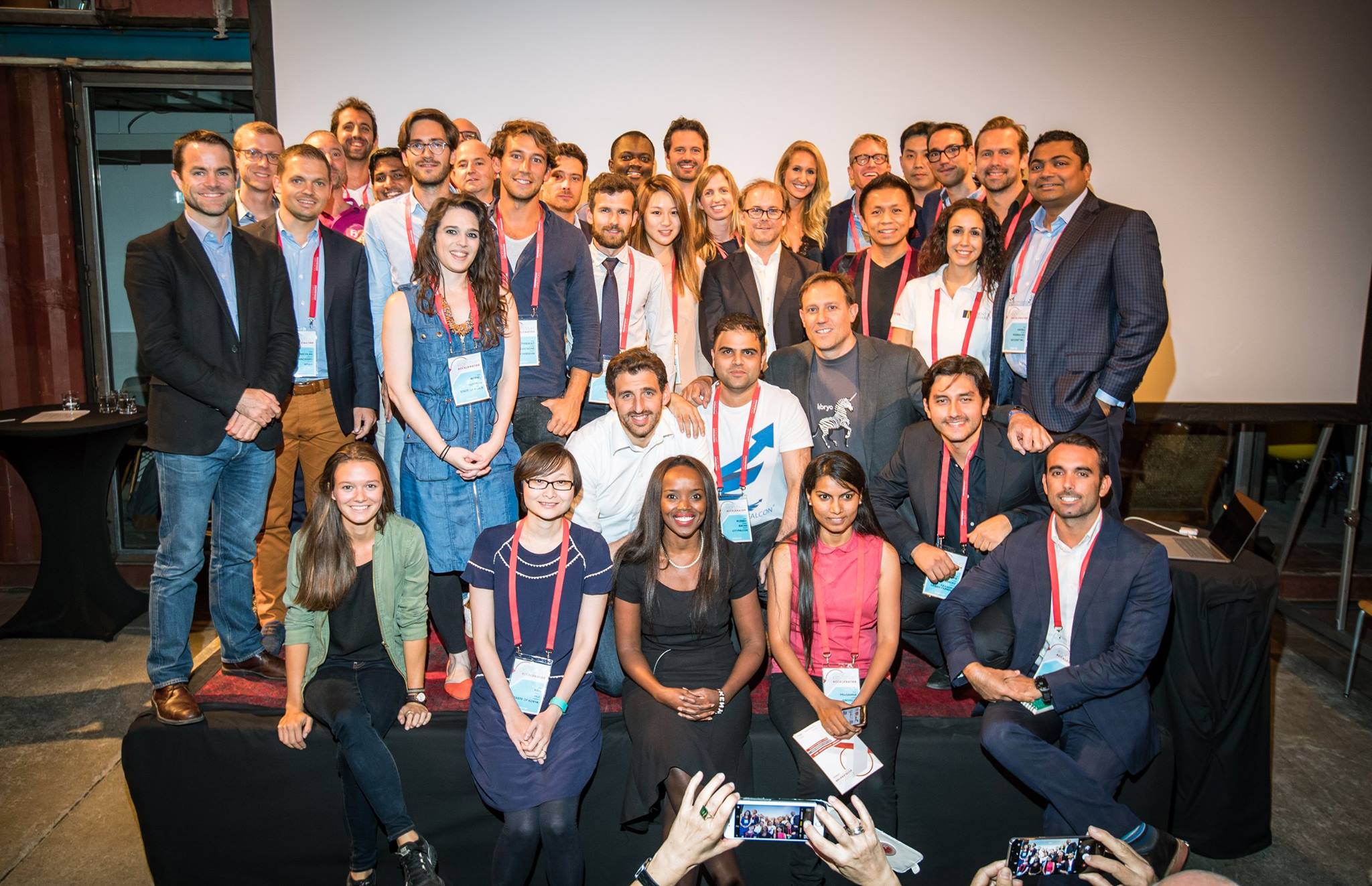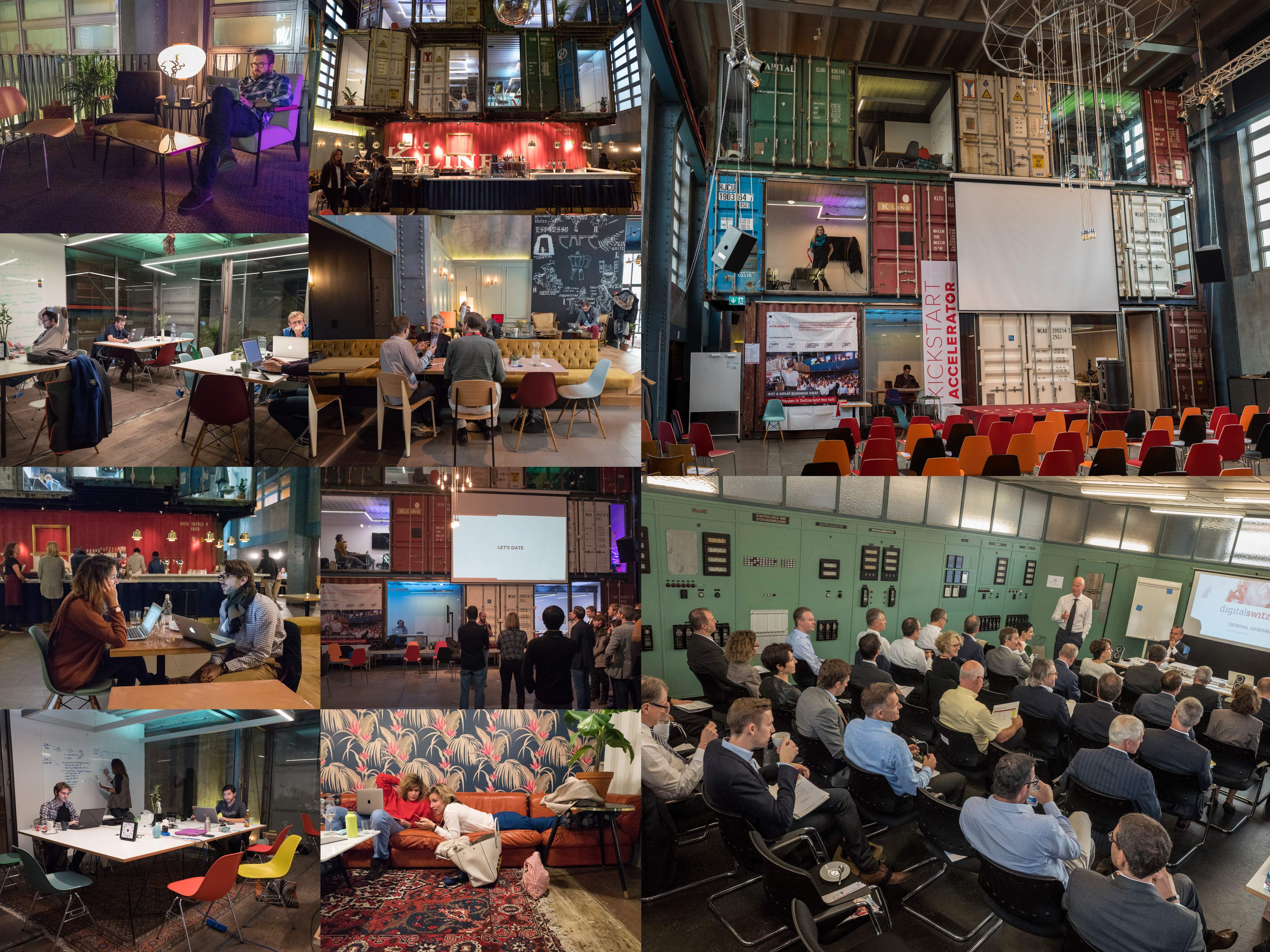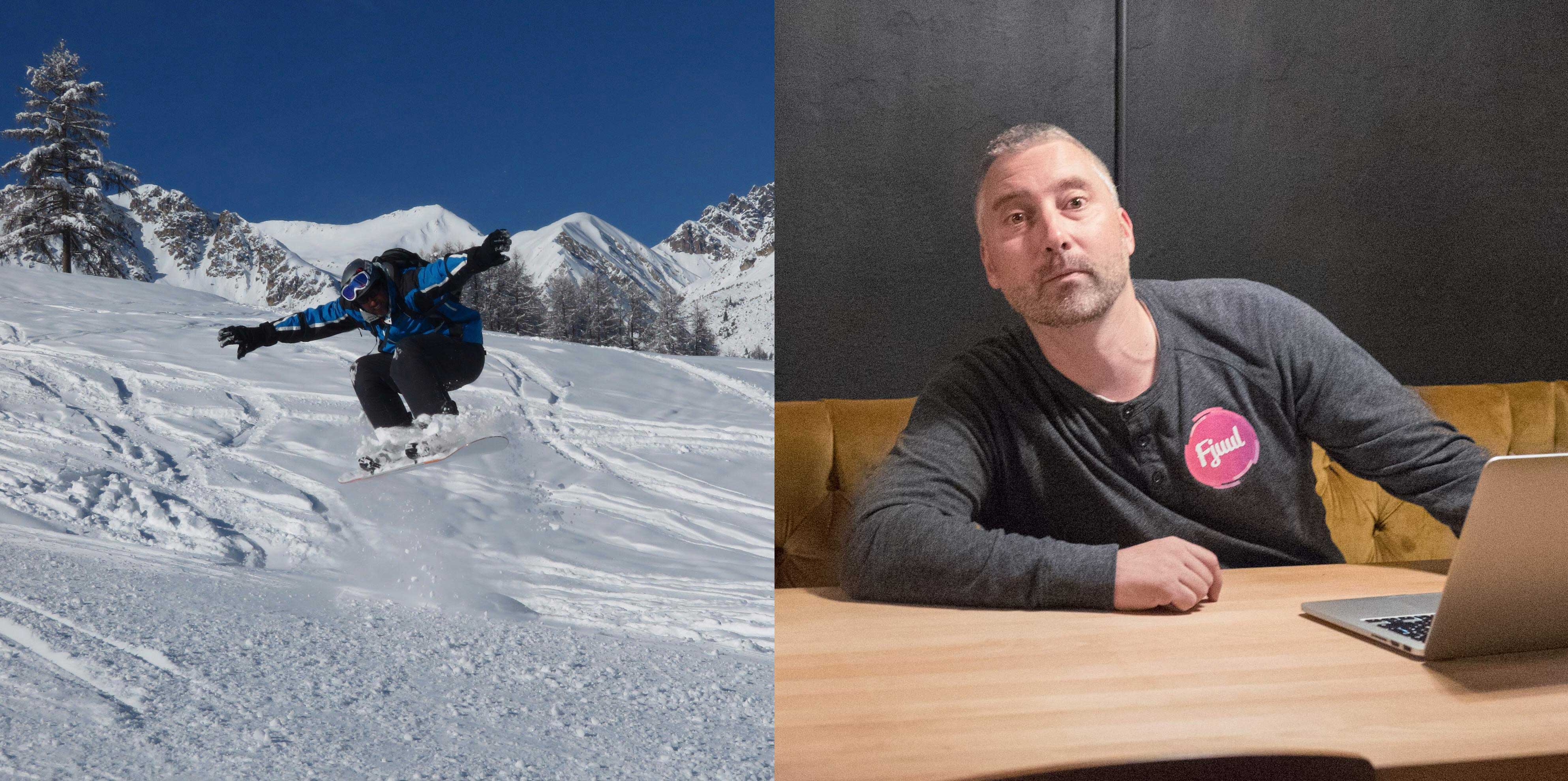Welcome to Switzerland opening its doors for promising entrepreneurs like Malcolm from the South African startup Libryo or Sascha from Finland based Fjuul. Welcome to Kickstart Accelerator, an initiative of Digital Switzerland.

The programme
Kickstart Accelerator (KSA) is Europe’s largest multi corporate and equity-free accelerator program. It welcomes thoroughly selected startups in four verticals (Fintech, Smart Cities, Food and Robotics & Intelligent Systems) to Zurich, all paid and with additional funding to win. KSA offers to help the companies grow in a 11 week program supported by academia, corporates, international investors and the local startup ecosystem. This year, 30 companies from more than 20 countries were admitted. More than 1500 companies applied and over 100 pitched for admission in July 2017.
I represent Namics at KSA since its inception. This year I served as a mentor for the two startups already mentioned: Libryo (my primary mentee) and Fjuul (where I jumped in during a proof of concept).
First of all KSA is a cool place to be. Excellently organized by Impact Hub and with some help of people around Eric van der Kleij (formerly Level39). The base camp of the program is a co-working space called Kraftwerk (a former transformer substation in the center of Zurich) that was specially designed for the program. But let some pictures speak for.

KSA objectives
At the core KSA is about networking with people, corporates, investors and startups. For this a myriad of events, meetings, presentations and sessions are organized. Mostly in Zurich but also all over Switzerland and this year at the WebSummit in Lisbon, at Smart City Expo World Congress in Barcelona and I’m sure in many locations I have never been to ;).
Secondly it’s about establishing proof of concept (POC) projects with Swiss companies. The mutual interest is to gain traction and to allow corporates to learn from startups and the other way around. As a mentor it is very interesting to see, how the corporate sponsors of KSA behave. Some are very flexible in establishing a small project and other take weeks just to find the right contact person (!!). This after having invested a very large sum to finance this very interaction through sponsoring the programme. There is so much to learn and in about thirty cases it worked.
Some words about Libryo
Libryo maps law to geography and time — on a map you see what specific law is applicable in a certain location and in a certain moment. In fulltext and in a summarized form well organized. For example it answers the question: “Which radiation protection ordinance is valid at which antenna post now”?
In every region, there are thousands of laws and when it comes to knowing the law, there’s complexity. Typically, law is not well organized, it’s written in complicated language, it changes regularly, and not all of it applies to a particular business. Libryo provides a web-based solution that enables users to access their answers with clarity and with certainty.
During the accelerator Libryo raised more than USD 1m in seed funding, advanced in many aspects of the application on desktop and mobile and began taking some automation challenges such as translation and cross-language retrieval. In addition it started negociation a POC, partnered with Apiax and has ongoing comversations with EY, PWC and Swisscom.
Some words about Fjuul
Fjuul is an engagement platform. It consolidates physical activities data from it’s own app or external self-trackers (such as Polar, Fitbit oder Apple watch) and calculates an index called MET (Metabolic Equivalent). This index help people understanding (and amplify) healthy habits far beyond “step tracking”.
In addition to self-improvement through using the activity tracker, the index (and additional data) can be shared with companies that reward healthy behaviour. Through the Fjuul algorithm, insurers can turn data into meaningful and actionable information and personalised offerings, dynamic pricing, and preventive care. Such as the finnish insurance group Nordea (and soon to come Swiss insurer Helsana).
During the accelerator Fjuul established a lot of traction around the idea and the capabilities of their solution. Fjuul won (together with APIAX) the final bounty of the fintech vertical worth CHF 25’000 and also signed an agreement with Helsana insurance in order to “joining forces to further improve functionality and user experience of the new Helsana+ App.”
So what?
For Namics and for me as a person, working with startups and being part of KSA is very enriching. We allow our clients access to new development meaningful in their domain, we learn about successful integration of startups and large corporates. And I meet new friends like Malcolm and Sascha.


[…] den Präferenzen erstellen. Im letzten Jahr durfte ich mit Libryo und Fjuul zusammenarbeiten (hier mehr Infos […]